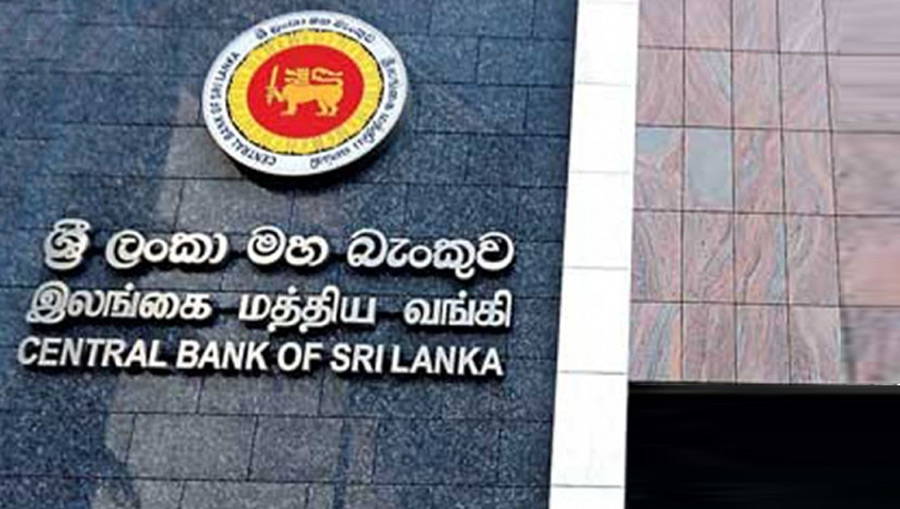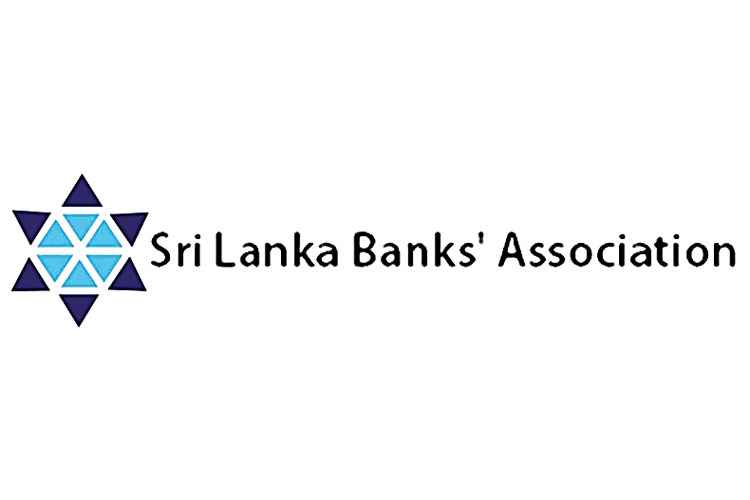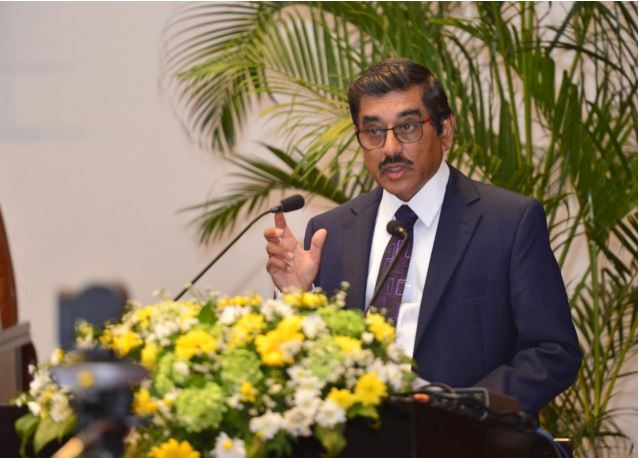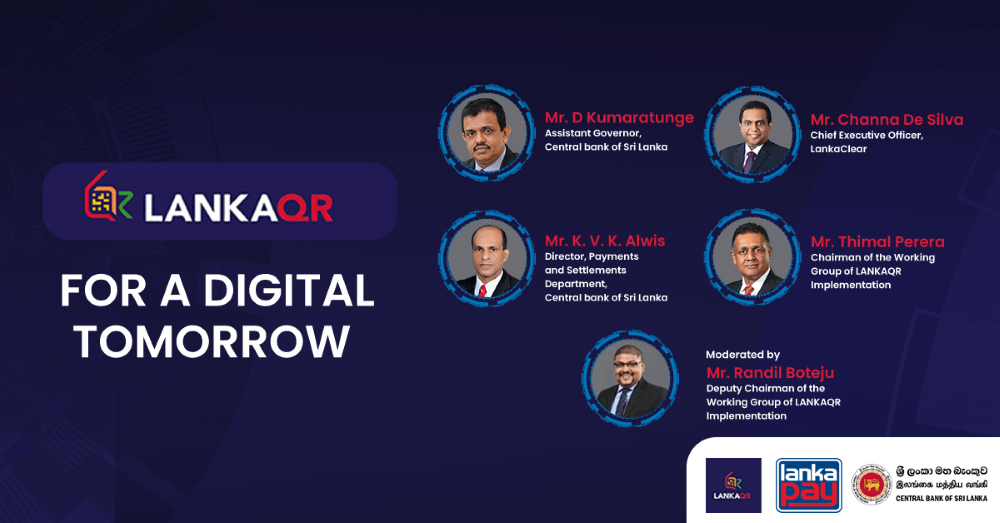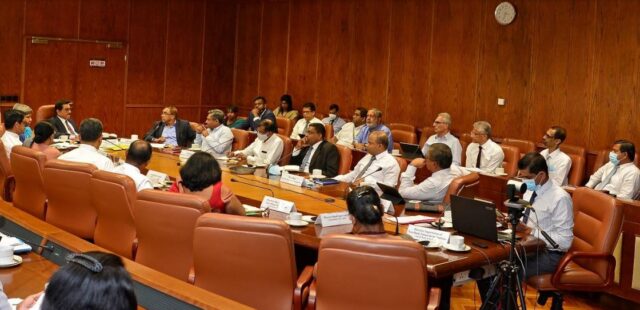The purpose of this press release is to clarify the facts as a professional union representing the Executive Officers of the Central Bank of Sri Lanka, as it was evident that the discourse on the recent salary revision of the Central Bank of Sri Lanka is extremely partial and raised without proper knowledge of the facts and / or based on mere personal agendas.
Central Bank of Sri Lanka was established as an independent institution since its inception. Accordingly, the previous Monetary Boards as well as the current Governing Board have been assigned the decision-making independence related to administration on a logical basis and that administrative independence remains the same for other central banks around the world.
Accordingly, since the inception, the Monetary Board decided the recruitment procedures, professional training and salaries related to the Central Bank service. It should also be mentioned that neither the previous Monetary Boards or the present Governing Board include the employees of the Central Bank, and that the members of the Governing Board are scholars and professionals in a variety of fields of the country. Considering the corporate governance practices, salary revisions have been done in every three years in the Central Bank of Sri Lanka for several decades as similar to certain state sector establishments.
The 2024-2026 collective agreement is an agreement reached by all parties after several rounds of bargaining between all the unions and the Governing Board of the Bank. Accordingly, all parties are bound to work under the terms of the collective agreement for the next three years.
It is no secret to society that salaries in the Central Bank of Sri Lanka are at an elevated level compared to other government services. Also, the Central Bank of Sri Lanka, which is the apex financial institution in the financial system that supervises licensed banks and registered non-bank financial institutions, must be compensated competitively in line with the institutions they supervise, in order to discharge their duties without influence. Due to this situation, the educated youth community of this country is eager to leave jobs in the government as well as private sector to join the Central Bank service. Students with a First or Second Upper-Class degree in a limited range of subjects are recruited to the Central Bank staff class after passing a highly competitive examination and interview(s). It is also a known fact that the passing percentage is exceptionally low for this entry examination.
Furthermore, unlike other government employees, there are many other limiting factors including legal barriers that make it impossible for the Central Bank professionals to use their professional qualifications to set up private practice. Since, the Central Bank is not a commercial institution and is a closed service, the promotion opportunities available to Central Bank employees are rather limited.
It is a generally accepted opinion that if there are limiting factors related to a service, a specific payment (compensation) should also be made related to that service. Further, the salary of a particular job is determined based on the responsibilities pertaining to its delivery, the qualifications to be met and the demand/supply for the job in the labor market. Based on the knowledge and practice of central bankers, their potential job market will be the financial sector or monetary policy making within or outside the country. In the past year alone, the Central Bank of Sri Lanka has lost nearly a hundred officers of its wealth of human capital, and the fact that some have joined international organizations including the World Bank and its affiliates, Bank of England, and the Commonwealth Secretariat, etc. is a confirmation of such movements.
If this salary revision did not take place, a considerable number of the remaining officers would have left the Central Bank of Sri Lanka as well as the country and the Bank’s activities could have been severely disrupted. It is such a pity that the ongoing criticisms utterly disregard this reality. It is not clear why those who raised their voice over the possible brain drain in the past are raising their voice against the measures taken to prevent it from happening.
Moreover, in a backdrop of no revision of pensions, the fact that the pensions of Central Bank pensioners have been increased by about 70% is a complete fallacy, and it is apparent that such news was purposely planted in the society to tarnish the image of the Central Bank of Sri Lanka in the face of personal agendas of certain parties.
For the progression of a society, existence of rational discourse is beneficial, but we can clearly observe the political and personal agendas operating under the guise of the one-sided dialogue in the society at present. In view of the inflation and existing tax burden in the country, private institutions including some private banks have taken various measures to avoid the inconvenience caused to their employees, and it is the opinion of our union that salaries should be revised in other sectors including government institutions.
Even though it has been proclaimed through a Supreme Court decision as to who holds responsibility for the country’s economic crisis, basis for accusing the Central Bank officials as “economic hit men”, should be explained by the so-called politicians before the society. Similarly, if there are (or were) such officers, there is no impediment in taking appropriate disciplinary actions against such individuals through an independent investigation and such an independent investigation process will definitely receive the fullest support of our professional Union.



